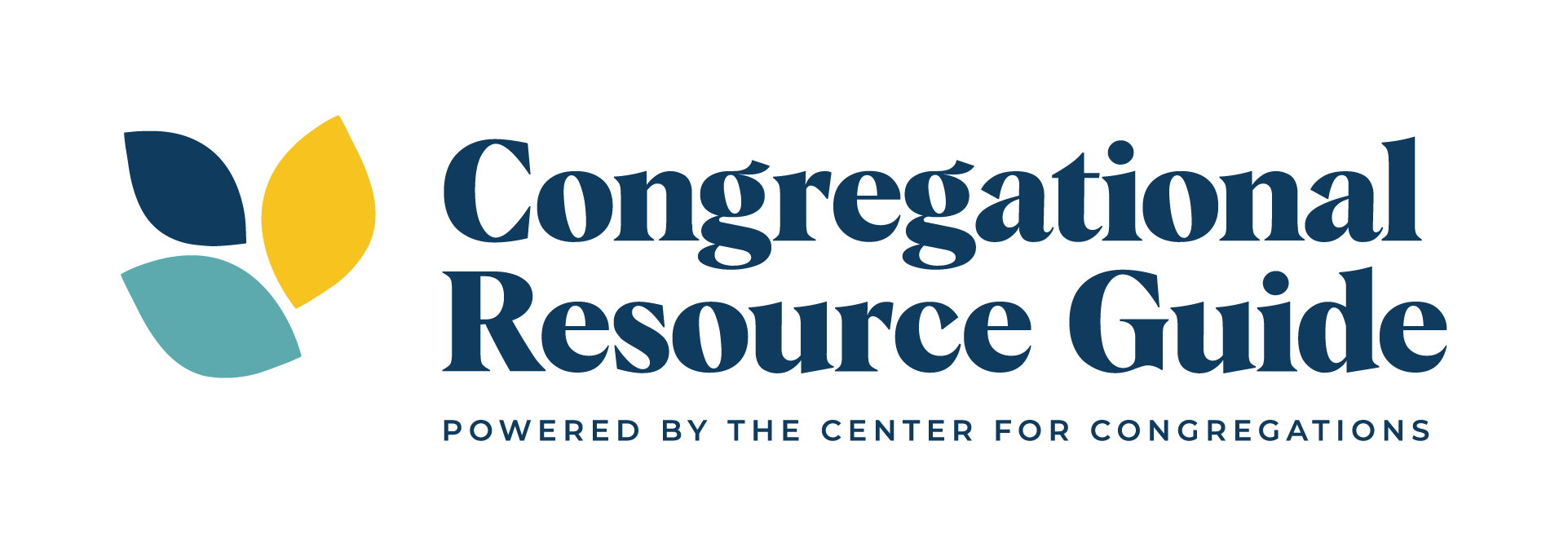When I was young, I went to worship with my parents and six siblings. My stepfather prepared our offering envelopes the evening before worship. He placed a dollar in each envelope.
At the beginning of worship, he passed the envelopes to each of us. When I received my envelope, I experienced a weekly moment of truth, just as my brothers and sisters did. My stepfather had left each envelope unsealed. It was our choice to add to the offering or to seal the envelope with no additional gift.
The moment of truth
In many different ways, those who worship at your congregation wrestle with a similar moment of truth whether they are conscious of it or not. How much shall I give to the congregation?
Of course, many dynamics influence any single person’s response to the question. A primary influence is the way your congregation talks about faith and money. Is money a taboo subject? Or is money talked about openly and honestly?
Congregations which promote a culture of giving have intentionally chosen to be a primary place where generosity is taught rather than being simply one place among many that asks for money.
Exploring generosity
Purposeful development as a primary place which explores generosity is a variable. Does your congregation support a way of life that celebrates generosity?
Here are some signs that your congregation is just such a community:
Each day, we are figuratively handed unsealed envelopes that serve as requests for us to be generous human beings. Our congregations are meant to teach us the practice of giving. If not us, who are part of communities that hold beautiful stories of generosity, then who?
After all, there is work to be done and decisions to be made.
To learn more, search faith and money on the CRG.



